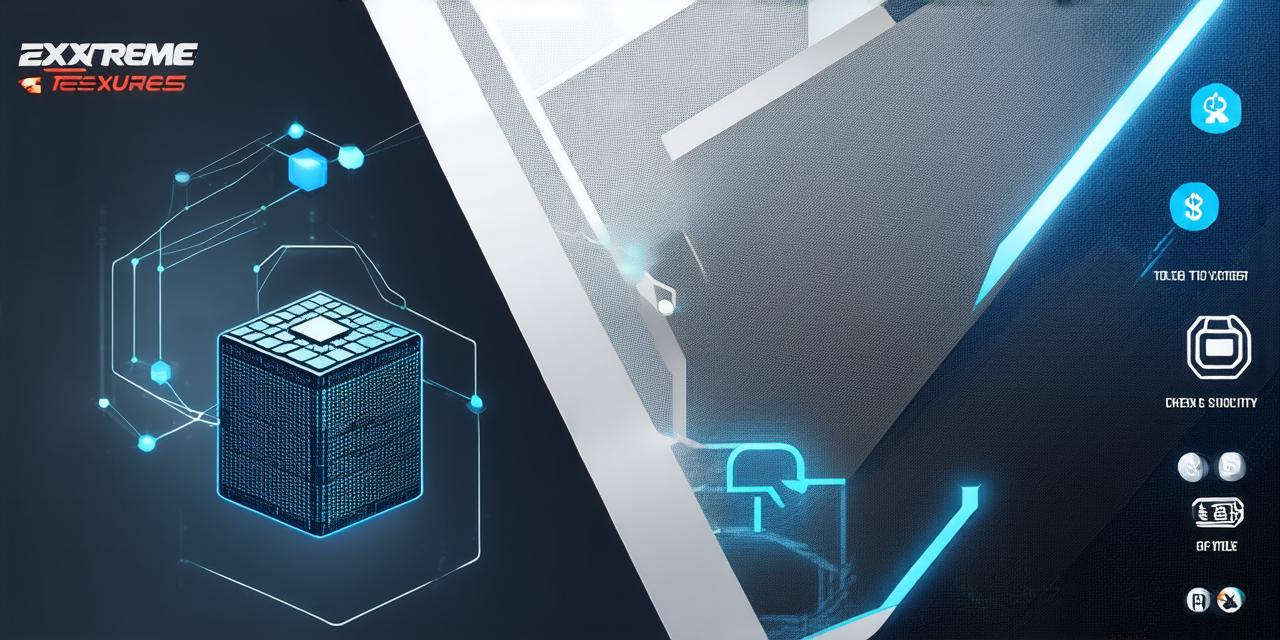Blockchain technology is a decentralized, distributed ledger system that records transactions on multiple computers in a secure and transparent manner. It is based on cryptographic principles and allows for the creation of immutable and tamper-proof records.
Key Features of Blockchain Systems
1. Decentralization: Blockchain systems are decentralized, meaning that they do not rely on a central authority to validate transactions or maintain the ledger. Instead, transactions are validated by a network of nodes that work together to ensure the integrity and security of the system.
2. Distributed Ledger: The blockchain is a distributed ledger, meaning that it is stored across multiple computers and is accessible to all participants in the network. This allows for transparency and ensures that all parties have access to the same information.
3. Immutability: Once a transaction is recorded on the blockchain, it cannot be altered or deleted. This creates an immutable record of all transactions and ensures the integrity of the system.
4. Security: Blockchain systems use cryptographic principles to secure the network and prevent unauthorized access or tampering.
Benefits of Blockchain Systems
1. Increased security: The decentralized nature of blockchain systems and the use of cryptographic principles make them highly secure. This reduces the risk of fraud, hacking, and other forms of cyber attacks.
2. Improved transparency: The distributed ledger of blockchain systems ensures that all parties have access to the same information, increasing transparency and reducing the potential for miscommunication or misunderstandings.
3. Reduced costs: Blockchain systems eliminate intermediaries and automate many processes, which can significantly reduce the cost of transactions and other business operations.
4. Faster transactions: Blockchain systems allow for faster transactions by eliminating the need for intermediaries and streamlining the validation process.
Use Cases for Blockchain Systems
1. Cryptocurrencies: Perhaps the most well-known use case for blockchain technology is cryptocurrencies such as Bitcoin, Ethereum, and Litecoin. These digital currencies are decentralized and allow for peer-to-peer transactions without the need for intermediaries.
2. Supply chain management: Blockchain systems can be used to track products throughout the supply chain, ensuring that all parties have access to the same information and reducing the risk of fraud or miscommunication.
3. Voting systems: Blockchain technology can be used to create secure and transparent voting systems, allowing for real-time vote counting and eliminating the potential for voter fraud.
4. Healthcare records: Blockchain systems can be used to store and manage healthcare records, ensuring that patient information is secure and accessible only to authorized parties.
Case Study: IBM Food Trust
IBM Food Trust is a blockchain-based system that allows food manufacturers, retailers, and other stakeholders in the food supply chain to track products from farm to table. The system uses a distributed ledger to record information about the origin, production, and distribution of food products, ensuring that all parties have access to the same information and reducing the risk of fraud or contamination.

Expert Opinions
“Blockchain technology has the potential to revolutionize many industries, from finance and healthcare to supply chain management and voting systems,” said Dr. Andreas Antonopoulos, a leading expert in blockchain technology. “Its decentralized, distributed ledger system provides a secure and transparent way to record transactions and ensure the integrity of the system.”
Conclusion
In conclusion, blockchain systems are decentralized, distributed ledger systems that provide increased security, improved transparency, reduced costs, and faster transactions.
